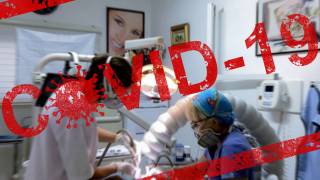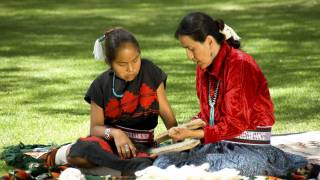Can MERS Vaccines Protect People From China’s Coronavirus

‘While the trajectory of this (novel coronavirus) outbreak is impossible to predict, an effective response requires prompt action from the standpoint of classic public health strategies to the timely development and implementation of effective countermeasures, said Anthony S. Fauci, M.D., Director, National Institute of Allergy and Infectious Diseases.
In an article published in JAMA on January 23, 2020, Dr. Fauci addressed the ongoing outbreak of a new, deadly virus, now called 2019-nCoV.
This virus is reported to have begun in Wuhan China, in late December 2019.
As of January 24th, China’s National Health Committees reported 923 confirmed cases of 2019-nCoV, 1,076 suspected, 36 people cured, and 26 related fatalities.
Furthermore, the US Centers for Disease Control and Prevention (CDC) established a 2019-nCoV Incident Management Structure on January 7, 2020, and issued Travel Alerts on January 12th, 17th, 22nd, and 23rd notifying the global community of their potential health risks.
Furthermore, during a January 24th media call, the CDC said it is currently monitoring about 65 potential 2019-nCoV cases in 22 US states under review. And, more than 2,000 people across 200 flights have been screened for this virus since January 17, 2020.
Dr. Fauci continued his article offering these comments: ‘The emergence of yet another outbreak of human disease caused by a pathogen from a viral family formerly thought to be relatively benign underscores the perpetual challenge of emerging infectious diseases and the importance of sustained preparedness.’
‘Additionally, biomedical researchers are initiating countermeasure development for 2019-nCoV using SARS-CoV and MERS-CoV as prototypes.
‘For example, platform diagnostic modalities are being rapidly adapted to include 2019-nCoV, allowing early recognition and isolation of cases.’
‘Broad-spectrum antivirals, such as remdesivir, an RNA polymerase inhibitor, as well as lopinavir/ritonavir and interferon beta have shown promise against MERS-CoV in animal models and are being assessed for activity against 2019-nCoV.’
‘Vaccines, which have adapted approaches used for SARS-CoV or MERS-CoV, are also being pursued.’
‘During SARS, researchers moved from obtaining the genomic sequence of SARS-CoV to a phase 1 clinical trial of a DNA vaccine in 20 months and have since compressed that timeline to 3.25 months for other viral diseases.’
‘For 2019-nCoV, they hope to move even faster, using messenger RNA (mRNA) vaccine technology. Other researchers are similarly poised to construct viral vectors and subunit vaccines, concluded Dr. Fauci’s article.
In general, the potential vaccines can be classified into 6 types: viral vector-based vaccine, DNA vaccine, subunit vaccine, nanoparticle-based vaccine, inactivated-whole virus vaccine and live-attenuated vaccine, which are discussed in detail.
Several 2019-nCoV vaccine candidates are leveraging the lessons learned during the MERS-CoV vaccine development process, which is ongoing.
The 2 viral proteins of MERS-CoV, S and N proteins, have demonstrated to be highly effective and capable of eliciting T-cell responses. T-cell responses support the immune response to foreign substances in the body. However, only S protein was shown to induce neutralizing antibodies, the critical effectors against MERS-CoV.
To read more about Coronavirus vaccine news, please visit Precision Vaccinations.
Our Trust Standards: Medical Advisory Committee

























